Latest news about renewable energies and photovoltaics research
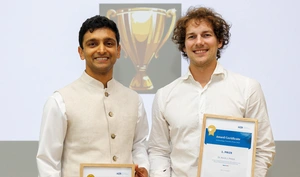
Perovskite solar cells from Germany are competing with China’s PV technology
Kevin J. Prince and Siddhartha Garud receive HZB 2025 Technology Transfer Award:
Photovoltaics is the leading technology in the transition to clean energy. However, traditional silicon-based solar technology has reached its efficiency limit. Therefore, a HZB-team has developed a perovskite-based…
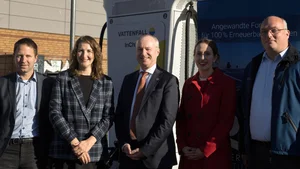
How supermarket parking lots help the energy supply in Berlin
Research project shows innovative solutions for electromobility:
Supermarket parking lots can help reduce the need for expansion of charging infrastructure in public spaces in Berlin by up to 17 percent. In the Retail4Multi-Use project, scientists from the Reiner Lemoine Institute…
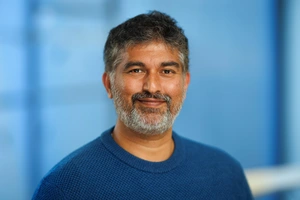
HZB researcher awarded prestigious VAIBHAV Fellowship by Government of India
Dr. Prashanth Menezes honoured for his pioneering contributions to materials chemistry and catalysis:
The Ministry of Science and Technology, Government of India, has announced the recipients of the Vaishvik Bhartiya Vaigyanik (VAIBHAV) Fellowship, a flagship initiative aimed at fostering collaboration between the…

Sasol and HZB deepen collaboration with strategic focus on digitalisation
“A significant step towards achieving more sustainable and efficient chemical processes on an industrial scale”:
Sasol Research & Technology and Helmholtz Zentrum Berlin (HZB) are expanding their partnership into the realm of digitalisation, building on their joint efforts in the CARE-O-SENE project and an Industrial Fellowship…
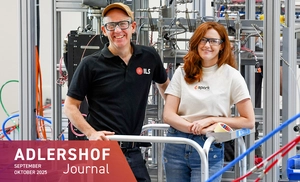
Energy from CO₂
A spark is ignited for the future of fuels:
Carbon dioxide is often only ever viewed as a greenhouse gas. However, it can also be an important raw material. The startup Spark e-Fuels hopes to use it to produce synthetic fuels, known as e-fuels. But there is a…
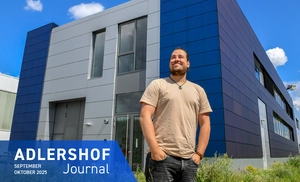
The Solar Consultant
Niklas Albinius shares his knowledge about building with photovoltaics:
Who knows what his career path would have looked like if he hadn’t asked the question? Niklas Albinius’ curiosity was piqued after a lecture on ‘Solar Construction’ at the University of Applied Sciences in Berlin,…
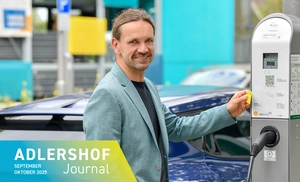
In conversation with Oliver Arnhold
At Localiser, he plans charging infrastructure for electromobility:
A spin off of the Reiner Lemoine Institute (RLI), electromobility and hydrogen expert Localiser describes itself today as the market leader in Germany when it comes to the planning of charging infrastructure. “We’ve…
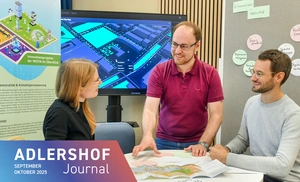
A Blueprint for Climate-Resilient Technology Districts
A master plan for climate resilience is intended to prepare Adlershof, as well as other locations, for the future:
Climate change is very much here and so it’s high time to prepare the technology park for the future. How exactly this will be done is currently being worked out with the support of WISTA, with a master plan being…
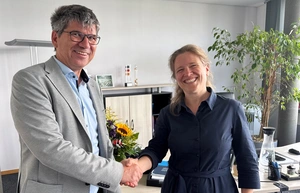
Saskia Vormfelde appointed new Administrative Director at HZB
She is moving from Freiburg ISE to Berlin:
Saskia Vormfelde begins her term of office as Administrative Director at HZB on 1 September. The successful science manager succeeds Thomas Frederking, who retired after 32 years of service at HZB, including 13 years…
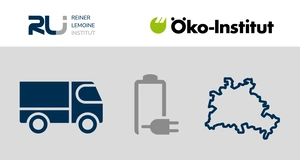
Up to 26,000 electric trucks in Berlin by 2045
Study by Reiner Lemoine Institute and Öko-Institut shows how the electrification of road freight transport can be achieved:
By 2045, up to 26,000 electric trucks with a total electricity demand of up to 430 GWh per year could be registered in Berlin – this corresponds to the annual consumption of around 100,000 households and requires a…
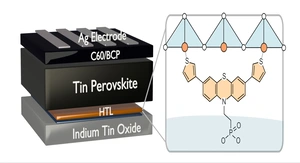
Self assembling monolayer can improve lead-free perovskite solar cells too
At HZB, the performance of non-toxic tin perovskite photovoltaics was increased through targeted molecular design:
Tin perovskite solar cells are not only non-toxic, but also potentially more stable than lead-containing perovskite solar cells. However, they are also significantly less efficient. Now, an international team has…
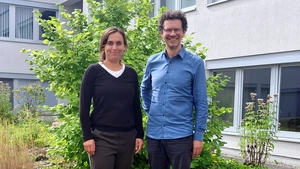
CommunitE Innovation project aims to strengthen nationwide citizen energy community
Researchers from the Reiner Lemoine Institute provide advisory support:
Mascha Richter, head of the RLI research unit Transformation of Energy Systems, and Philipp Blechinger, head of the research unit Off-Grid Systems and the Reiner Lemoine Graduate School, are joining the advisory board…
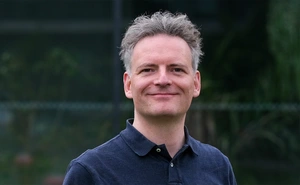
Berlin Science Award goes to Philipp Adelhelm
The materials scientist and electrochemist researches and develops sodium-ion batteries at HU and HZB:
Battery researcher Prof. Dr. Philipp Adelhelm has been awarded the 2024 Berlin Science Award. He is a professor at the Institute of Chemistry at Humboldt University in Berlin (HU) and heads a joint research group at…
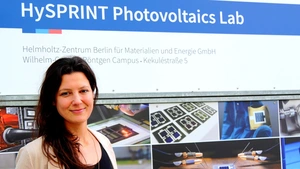
New Helmholtz Young Investigator Group at HZB on perovskite solar cells
Silvia Mariotti aims to advance the development of multi-junction solar cells made from different perovskite layers:
Silvia Mariotti starts building up the new Helmholtz Young Investigator Group ‘Perovskite-based multi-junction solar cells’. The perovskite expert, who was previously based at Okinawa University in Japan, aims to…
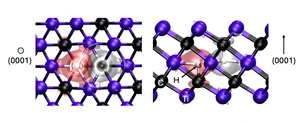
Diffusion of hydrogen in MXene investigated at HZB
Modelling offers a solid foundation for further research with MXene as hydrogen storage systems:
Two-dimensional (2D) materials such as MXene are of great interest for hydrogen storage. An expert from HZB has investigated the diffusion of hydrogen in MXene using density functional theory. This modelling provides…